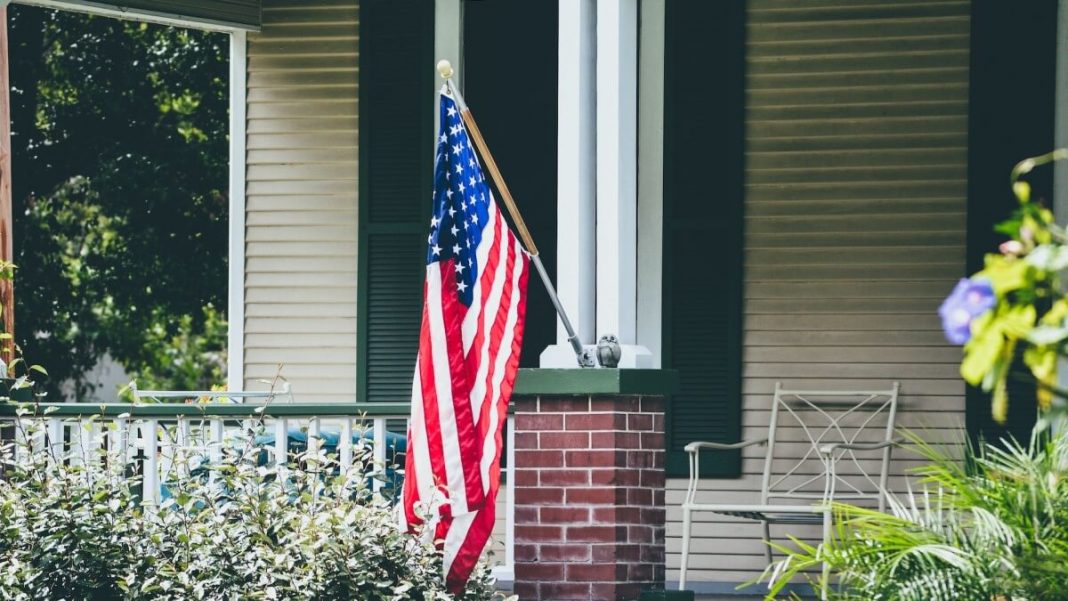The United States Department of Homeland Security (DHS) has announced that it will make an additional 64,716 H-2B visas available for fiscal year 2025, in addition to the congressionally mandated 66,000 visas eligible each year.
This is the third consecutive year that DHS has made supplemental visas available for temporary nonagricultural workers through the H-2B visa program, VisaGuide.World reports.
Announcing the new changes, Secretary of Homeland Security Alejandro N. Mayorkas has said that the DHS is committed to further growing the US’s strong economy.
By maximizing the use of the H-2B visa program, the Department of Homeland Security is helping to ensure the labor needs of American businesses are met, keeping prices down for consumers while strengthening worker protections and deterring irregular migration to the United States.
Allocation of Supplemental H-2B Visas
The H-2B visa is designed for workers engaged in nonagricultural work, allowing them to work temporarily in the United States.
Among the requirements to benefit from the H-2B visa are having a job offer from a US employer and proving they will return to their home countries once the visa expires.
The H-2B visa scheme aims to attract workers from industries such as landscaping, hospitality, seafood processing, and tourism, among others, where US employers find difficulties in finding workers in the US.
The supplemental visas are grouped into two main categories:
- Workers included in the eligible countries list: It means that workers must be citizens of Colombia, Ecuador, Costa Rica, El Salvador, Honduras, Haiti, and Guatemala. A total of 20,000 supplemental visas have been allocated for nationals from these countries.
- Visas for returning workers: Of the total 64,716 supplemental H-2B visas obtainable for fiscal year 2025, 44,716 will be available to returning workers who received an H-2B visa or were granted the H-2B status during one of the last three fiscal years.
Through a statement, the United States Department of Homeland Security has recalled that for beneficiaries from the H-2B program, the maximum period of stay is three years.
DHS and Department of Labor (DOL) are committed to protecting H-2B workers from exploitation and abuse, and to ensuring, consistent with the law, that employers do not refuse to hire or appropriately recruit U.S. workers who are able, willing, qualified, and available to perform the temporary work.
Through a statement, the USCIS said that additional details in this regard will be available in a temporary final rule that will be published soon.
